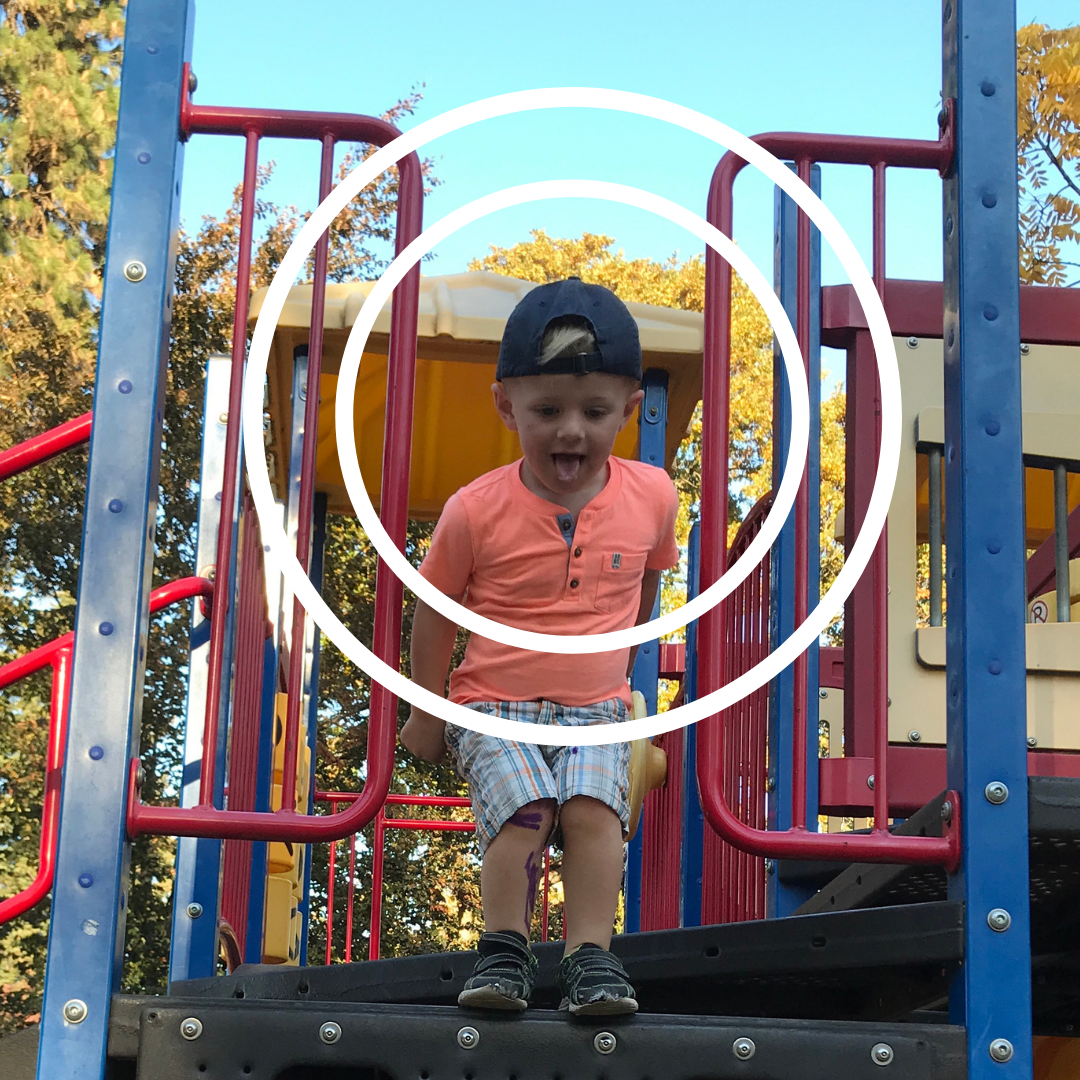With another polarizing election season in the rear view mirror and with Thanksgiving just around the corner, it seems high time for us to imagine again the posture and practices for Everyday Peacemaking around our Holiday tables.
Here are the three tools that my family is going to utilize this year, not only to help us navigate our politically charged Thanksgiving tables, but also, to invite our families and friends to join us as we join God in remaking the world.
(1) Embrace Belovedness. There’s a beautiful truth that goes like this: every one of us, despite levels of melanin, partisan allegiance, sexual orientation, faith background, economic level, and documentation status, is a beloved image bearer of God. You are the beloved! And if that’s true, then so are your friends, your neighbors, your enemies, and, yes, even your family members.
As we head toward our Thanksgiving tables this year, may we believe in our shared belovedness. May we choose to see the image of the divine in those with whom we disagree. May we think generously of them. May we listen long to the stories and perspectives of our table mates and engage them with gentleness and kindness.
(2) Preemptively Invite Stories of Hope. It’s likely that many of us are coming to the table this Thanksgiving deeply troubled. Some of us feel duped. Lots of us are confused about the way forward. And some of us have found ourselves more deeply invested in the pursuit of our own understanding of the common good. Despite how we’re drawing near the table, all of us have likely lived at least one story in which we’ve found ourselves joining God in making all things new. Perhaps it was a long walk and conversation with a friend through which a broken relationship was restored. Maybe it was joining a local network that was focused on justice for an oppressed people group. It could have been a moment of courageous hospitality in your neighborhood or an opportunity to do Congressional visits on Capitol Hill.
As we approach Thanksgiving this year, we encourage you to send out an email to those who will be joining you at the table and invite them to bring with them an object that represents a story of hope, healing, or restoration that they experienced over the past year. During the meal, encourage each person to show their object and share their story. As you go around, pay attention to what is being restored in you and in those around your table. Conclude by asking your table mates to share what the experience was like.
(3) Prepare a Local Immersion. Over the years, our team has been privileged to listen in as people who span the political and theological spectrums express their desire to be a part of remaking the world. While it’s always inspiring, one common deficit emerges: most of us don’t know how to bridge the divide between good intentions and solidarity. So many of us want to be a part of restoration, but we’re not sure how to begin.
Chances are, you’re familiar with this tension and have made decisions over the past year that are moving you in the direction of solidarity. Maybe you’ve found yourself accepting invitations to volunteer with a local organization that places you alongside those whose life experiences are dissimilar to your own. Perhaps you’ve become aware of the vulnerable people groups in your context and have begun forming relationships with the influencers who are contending for restoration. It’s possible that, as you’ve linked good intentions to actual presence this year, you’ve found yourself forging real, mutually beneficial, co-creating friendships.
As you prepare to draw near your Thanksgiving table this year, we encourage you to identify an upcoming local opportunity for you and for your table mates that will help you all move toward the beloved image bearers in your context that are being silenced. It might be an educational forum, a documentary screening, or a volunteer opportunity. Whatever it is, vet the experience to ensure that it will provide the opportunities for learning and relationship. We encourage you to set the date and invite as many of your table mates as possible to join you in the upcoming experience. For those who accept your invitation, we recommend that you send them an email with a couple of brief resources that will proactively prepare them to enter the immersion with some common knowledge. After the immersion, we encourage you to facilitate a debrief that offers each person the opportunity to unpack what they observed & learned, explore where emotion surfaced, and vocalize the loudest question that they’re now asking.
Friends, would you join us in dreaming of ways that our Thanksgiving tables can catalyze the restoration of broken relationships and unjust systems. Wouldn’t it be something if families across the country pointed to the Thanksgiving Table of 2018 as the moment they began to realized their potential as instruments of peace in our divided world?
